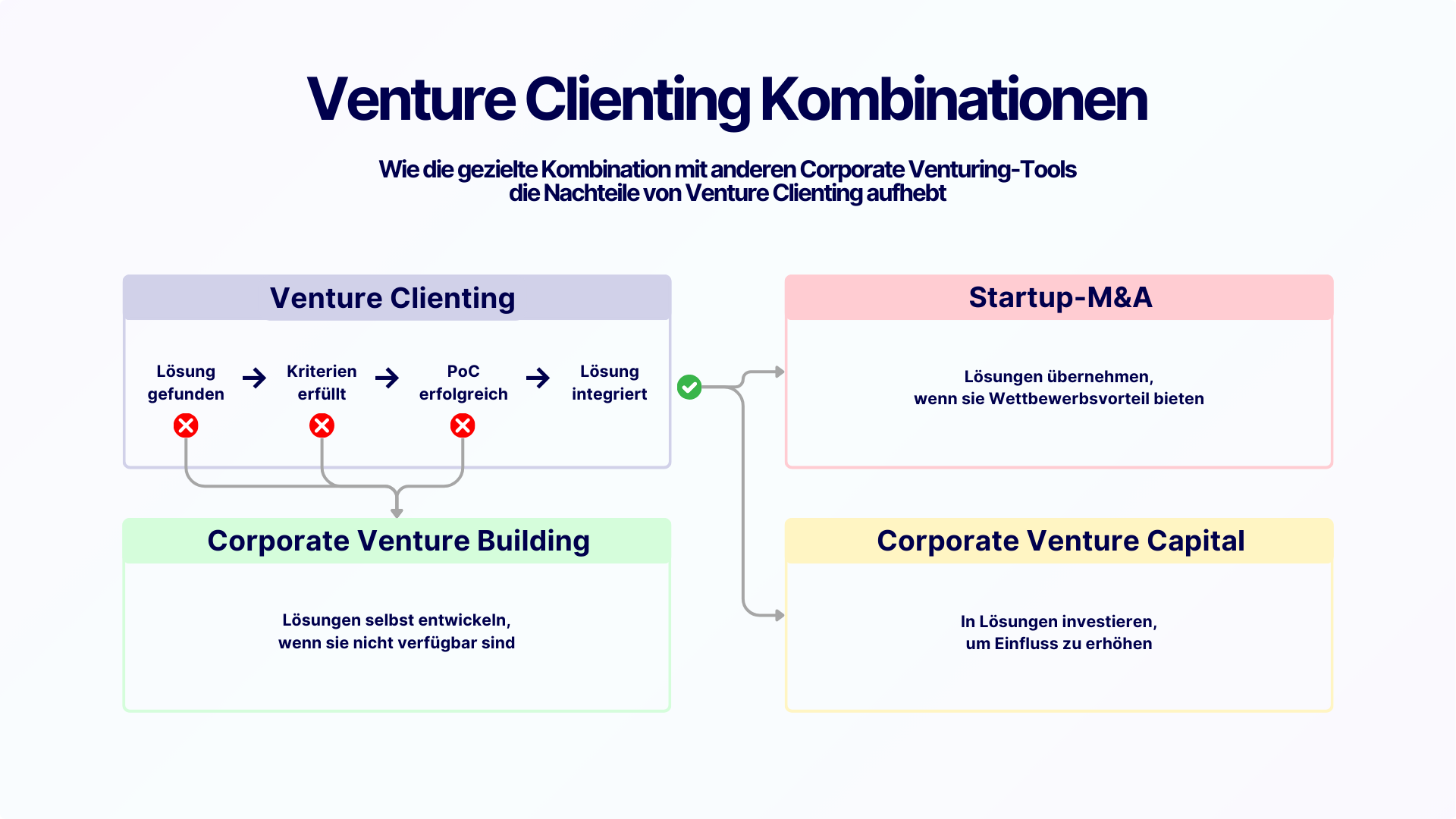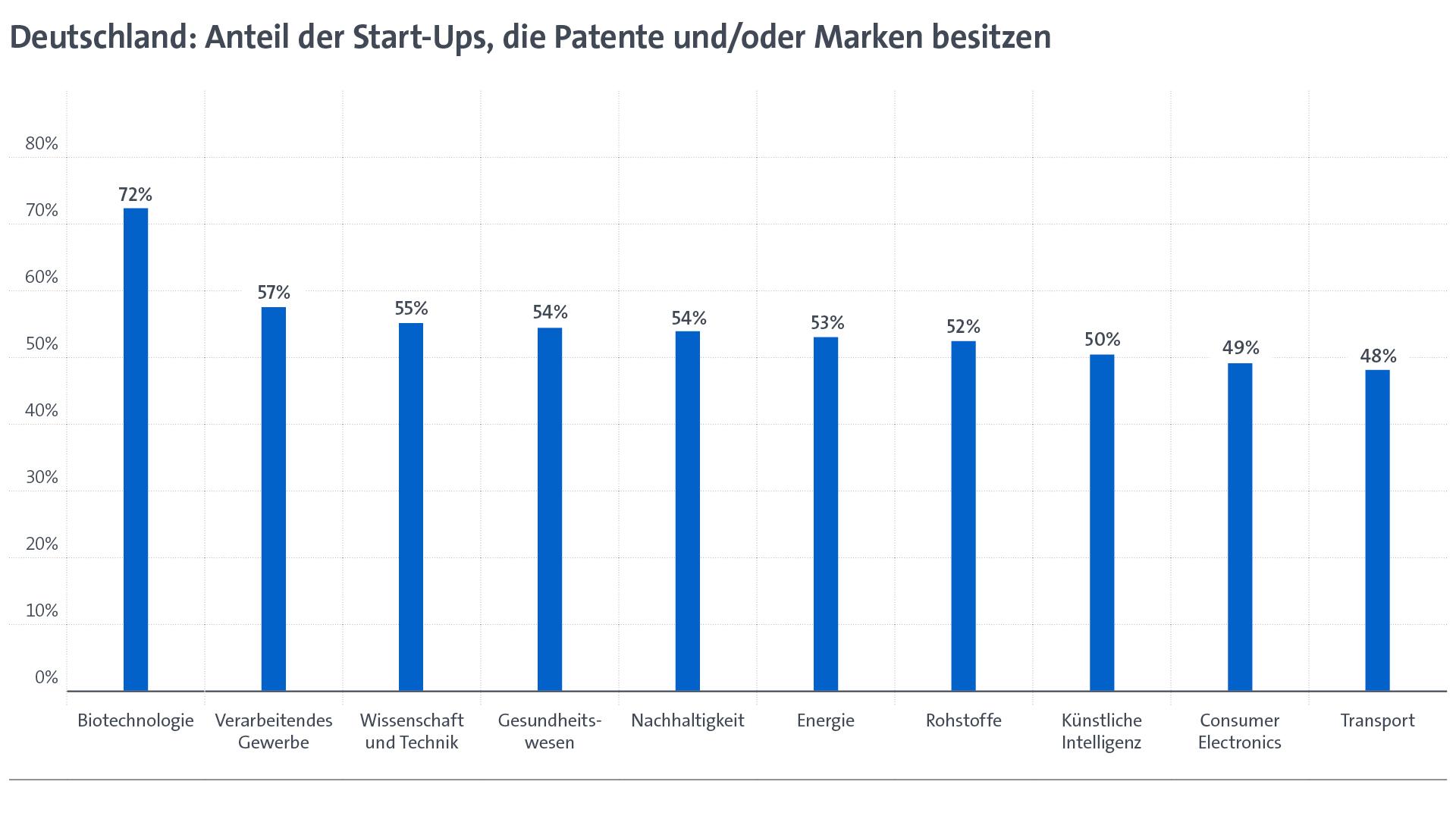These legal forms are possible for a start-up

Would you like to set up a company or change its legal form? A look at the pros and cons.
A good idea is not enough for a good start-up. Even before the start, founders should think about the legal form of their future company - even if the subsequent change is relatively simple. This is because it not only determines how investors view the start-up, but also whether you are liable with your private assets.
Each legal form has its own advantages and disadvantages. Here is an overview of which legal forms are suitable and which founders should steer clear of:
Be careful with GbRs and sole proprietorships
Both the partnership under civil law (GbR) and the sole proprietorship are partnerships. A GbR has several partners, whereas a sole proprietorship has only one. For both legal forms, founders do not have to provide any share capital - however, they are also liable with their private assets. If the company gets into debt, the founders have to draw on their savings or even their private property to pay off the debts.
"A partnership therefore hardly ever makes sense if you want to found a start-up," says Thilo Winkeler from the law firm K&L Gates. It is also not attractive for investors to participate. Because as soon as they get involved, they are also liable with their private assets. "Hardly any investor will do that," says Thilo Winkeler's partner Alexander Kollmorgen. "That's why I'm not aware of any technology-driven start-up that was founded as a GbR."
A partnership is therefore only an option, if at all, for founders who do not want to bring an investor on board and whose business is associated with few risks. Foresters or freelancers, for example, often register a sole proprietorship. A GbR is an option for bands, joint medical practices or a marketing agency.
First set up a UG and then convert to a GmbH
All other possible legal forms are corporations. Alexander Kollmorgen advises founders who do not have any start-up capital available to opt for a so-called Unternehmergesellschaft (UG) to begin with. "In a way, it is the German answer to the Limited (Ltd.), which is widely used in the UK," he says. With a UG, founders are no longer liable with their private assets. They can determine the amount of the deposited share capital themselves. The amount of the contribution determines their share in the company accordingly. "This makes it very easy to divide up who should have what share in the company," says Alexander Kollmorgen.
However, the UG has the special feature that 25 percent of the annual net profit is retained after each financial year. "Ideally, founders should leave their start-up as a UG until they have 25,000 euros together, then they can convert it into a fully-fledged GmbH by means of a capital increase," says Thilo Winkeler. "However, the share capital can also consist of tangible assets, such as a car, machines, computers or similar," says Alexander Kollmorgen. In this case, founders must call in an expert to determine the value of the individual items. "In addition, the amount of share capital should not put you off, as it can be used for the purposes of the company," says Thilo Winkeler.
According to the latest start-up report from state development bank KfW, a good fifth of all founders wanted to resort to venture capital last year. For them in particular, the GmbH is the most sensible legal form, says Winkeler. This is because investors can also have a say in a GmbH, as they usually take over part of the company shares.
Only choose a stock corporation if an IPO is imminent
Some founders also choose the German stock corporation (AG) or the European version (SE) as their legal form. Thilo Winkeler advises only choosing this legal form if an IPO is planned. "You can make many more legal mistakes in a stock corporation," says Alexander Kollmorgen. For example, founders are much more restricted in the drafting of their articles of association. In addition, a supervisory board is mandatory. In a GmbH, it is still voluntary. Another hurdle is the start-up capital: an SE requires 120,000 euros, while an AG needs share capital of 50,000 euros. Because of all the hurdles, these two legal forms are therefore generally not the right choice for a startup, says Thilo Winkeler.

Newsletter
Startups, stories and stats from the German startup ecosystem straight to your inbox. Subscribe with 2 clicks. Noice.
LinkedIn ConnectFYI: English edition available
Hello my friend, have you been stranded on the German edition of Startbase? At least your browser tells us, that you do not speak German - so maybe you would like to switch to the English edition instead?
FYI: Deutsche Edition verfügbar
Hallo mein Freund, du befindest dich auf der Englischen Edition der Startbase und laut deinem Browser sprichst du eigentlich auch Deutsch. Magst du die Sprache wechseln?










